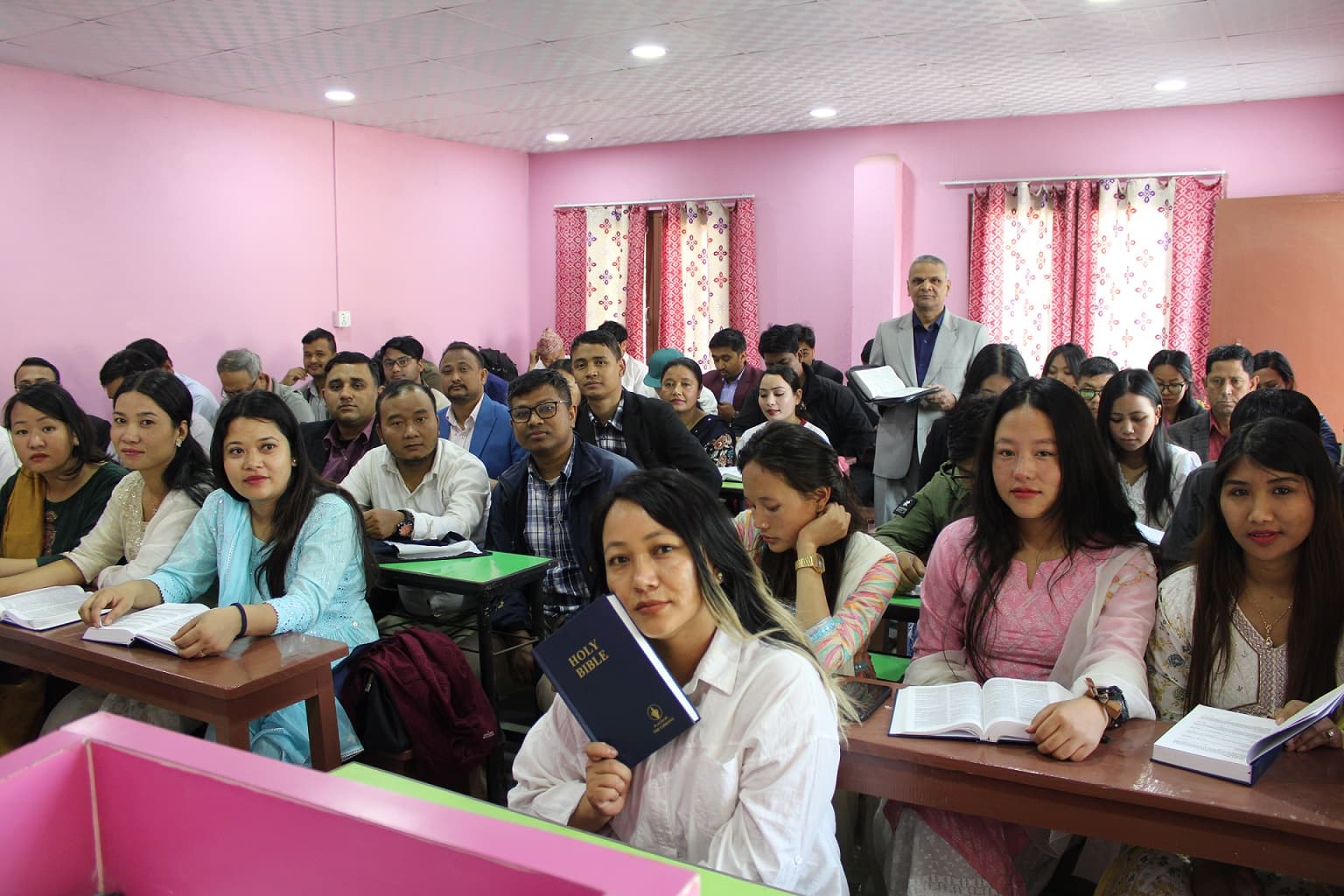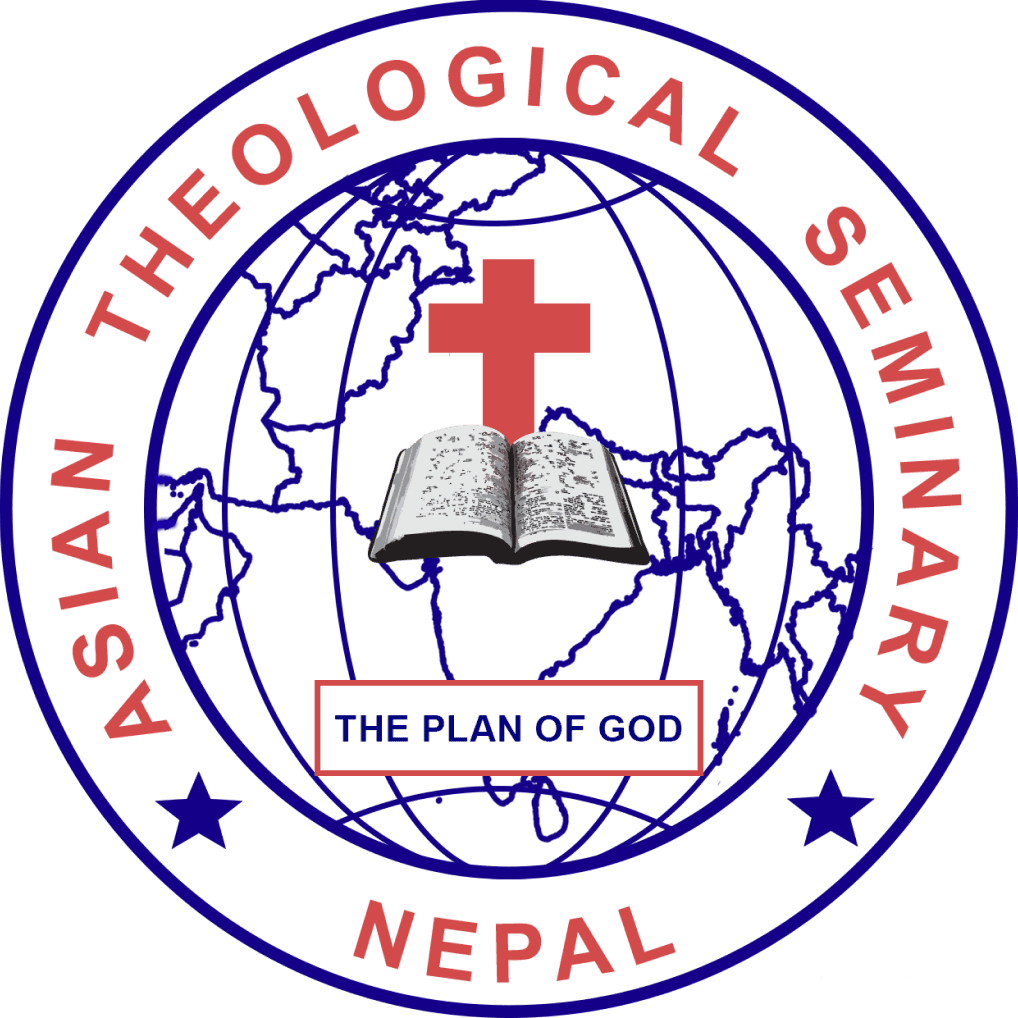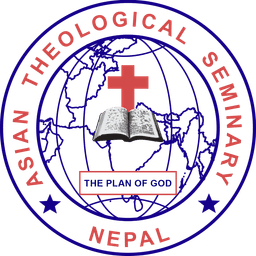

Discover Asian Theological Seminary's mission, history and message.
Discover the objective of Asian Theological Seminary and the impact it has on spirituality.
Interpreting the Bible through an evangelical premillennial and dispensational perspective involves a commitment to understanding Scripture as the literal Word of God. This method emphasizes interpreting the text according to its grammatical and historical context, ensuring that the intended meaning of the original authors is preserved. Evangelical premillennialism views Christ’s return as preceding a literal thousand-year reign, while dispensationalism divides biblical history into distinct periods or 'dispensations' in which God interacts with humanity in different ways. This approach aims to provide clarity and coherence in understanding the progressive revelation of God's plan throughout Scripture.
Enhancing biblical knowledge involves immersing students in the study of Scripture, theology, and related disciplines to deepen their understanding of God's Word. Developing exegesis skills is crucial for this process, as it enables students to critically analyze and interpret biblical texts accurately. Effective exegesis requires a grasp of the original languages (Hebrew, Aramaic, and Greek), cultural and historical contexts, and various hermeneutical principles. By honing these skills, students can communicate the truths of the Bible more effectively, whether in preaching, teaching, or personal study, ensuring that their interpretations remain faithful to the original intent of the Scriptures.
Achieving a synthetic understanding of each book of the Bible means seeing each book as part of a cohesive whole, understanding its unique message, themes, and contributions to the overall biblical narrative. This approach involves examining the structure, literary forms, and key theological themes of each book, and then synthesizing this information to appreciate how it fits into the grand story of redemption. For true seekers, this comprehensive approach helps them to see the unity and diversity within the Bible, fostering a deeper appreciation for the intricacy and depth of God's Word.
Teaching godly leadership involves imparting principles and practices that help individuals lead others towards spiritual growth and maturity. This aspect of the program focuses on character development, ethical leadership, and the practical application of biblical principles in various leadership contexts. It emphasizes the importance of self-awareness, humility, and the pursuit of godliness. By helping individuals recognize and develop their spiritual gifts, the program aims to equip them to serve effectively in ministry, guiding others to realize their full potential in Christ and to use their gifts for the benefit of the church and the broader community.
Preparing confident and responsible church leaders involves a comprehensive training program that includes theological education, spiritual formation, and practical ministry experience. The goal is to produce leaders who are well-grounded in their faith, capable of handling the responsibilities of church leadership with wisdom and integrity. This preparation includes fostering self-confidence through a deep understanding of Scripture and a personal relationship with God, as well as developing a sense of responsibility to care for and shepherd the church community. These leaders are trained to navigate the challenges of ministry with resilience and grace, ensuring they are equipped to serve and lead effectively in various capacities within the church.

